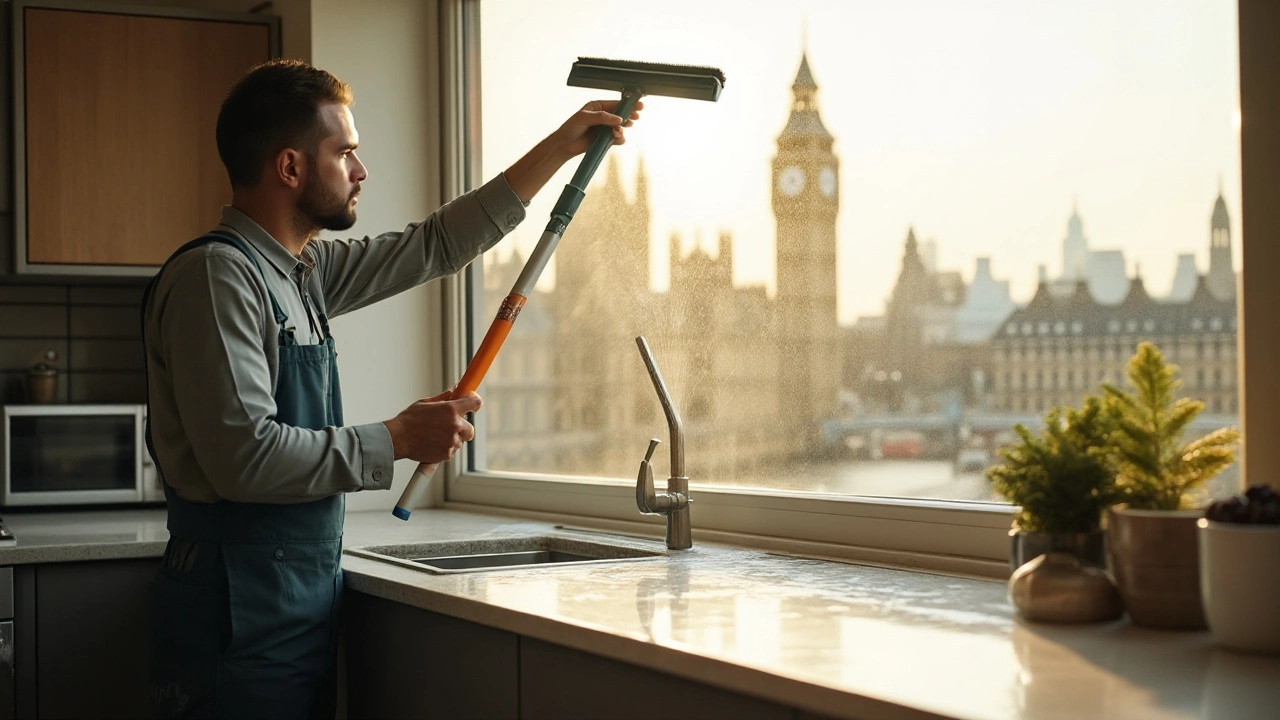Cleaning Detergents: How to Pick the Right One for Every Job
Ever opened a cupboard and felt lost among the sea of bottle labels? You’re not alone. The right detergent can make a kitchen sparkle, a bathroom shine, and a carpet feel fresh. The wrong one can leave streaks, damage surfaces, or waste money. Let’s cut through the clutter and get you using the best detergent for each task.
What Makes a Good Cleaning Detergent?
A good detergent does three simple things: it lifts dirt, it stays stable in water, and it rinses clean. Look for surfactants – the chemicals that break the bond between grime and the surface. Non‑ionic surfactants are gentle enough for glass, while anionic types are tougher on grease. Check the pH: neutral (around 7) is safe for most surfaces; alkaline (8‑10) works great on kitchen grime, and acidic (4‑6) tackles limescale in bathrooms.
Fragrance is a personal choice, but keep an eye on added dyes if you have kids or pets – they can stain fabrics. Also, consider safety: a label that says “non‑toxic” or “biodegradable” usually means it’s gentler on skin and the environment.
Top Picks for Different Needs
Everyday kitchen clean‑up: A mid‑pH, non‑ionic detergent with a light scent works well on countertops, dishes, and stovetops. It cuts oil without leaving a film.
Bathroom grime buster: Go alkaline with a small amount of citric acid for tough soap scum. A spray bottle mix of 1 part detergent to 4 parts water does the trick on tiles and fixtures.
Eco‑friendly option: Look for “plant‑based surfactants” and “no phosphates.” Brands that use corn or coconut derivatives are usually safe for waterways and still powerful enough for most jobs.
Budget pick: Generic store brands often use the same core ingredients as name‑brands. Just read the ingredient list – if it mentions “surfactants” and “enzymes,” you’re probably getting the same cleaning power for less.
Professional grade: If you need to tackle heavy grease in a commercial kitchen, choose a detergent with added enzymes. Enzymes break down protein‑based stains, making the job faster.
Quick tip: always do a spot test on a hidden area before you spray the whole surface. That way you avoid surprises like discoloration or damage.
Store your detergents in a cool, dry place away from direct sunlight. Heat can break down the active ingredients, reducing effectiveness. Keep the caps tight to prevent evaporation.
If you prefer a DIY route, mix one tablespoon of dish soap (like Dawn) with a cup of warm water for a gentle all‑purpose cleaner. Add a splash of vinegar for extra shine on glass and tiles – just don’t use it on marble.
In short, the best detergent is the one that matches the surface, the type of dirt, and your personal preferences for scent and sustainability. Armed with these basics, you can jump into any cleaning task with confidence, and maybe even enjoy the process a bit.

The Secret Detergents of Professional Window Cleaners
Curious about what makes professional window cleaners so effective? Discover the specific detergents and techniques they use to achieve crystal-clear results with minimal effort. Learn about the mix of commercial and homemade solutions that can transform your cleaning routine. Get ready to see streak-free shine with every swipe. This article dives into practical insights and handy tips from the experts.
Read More